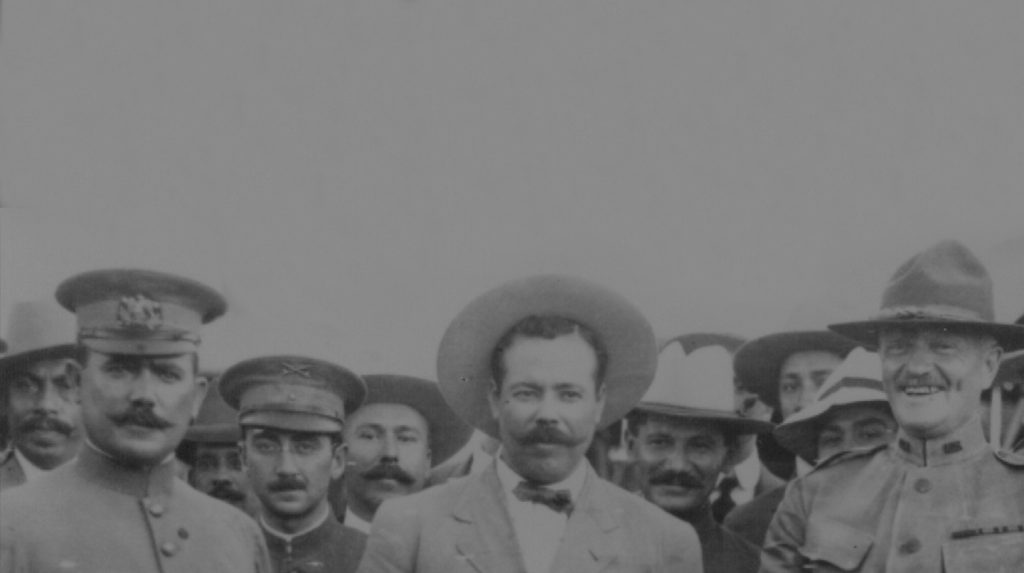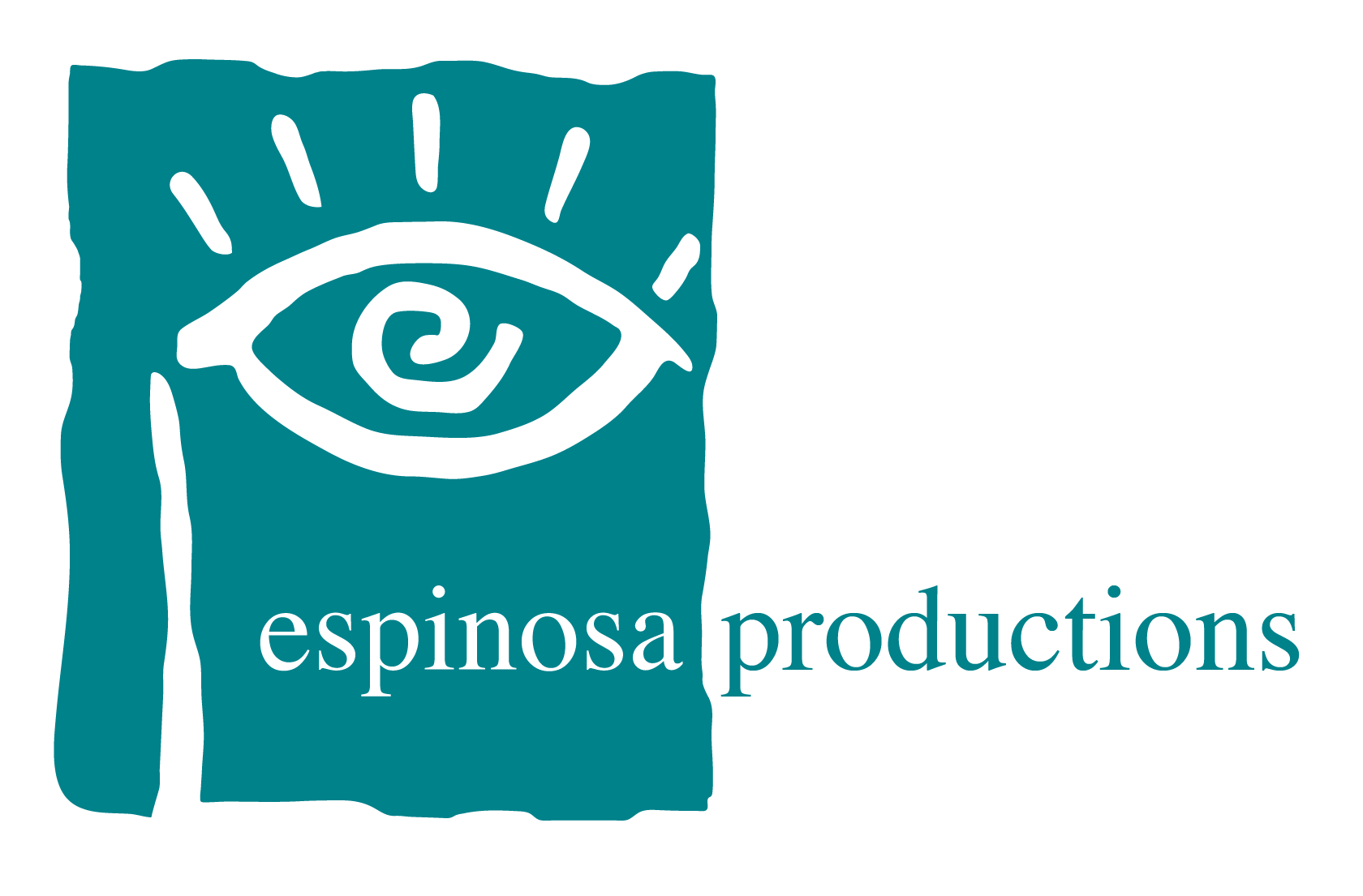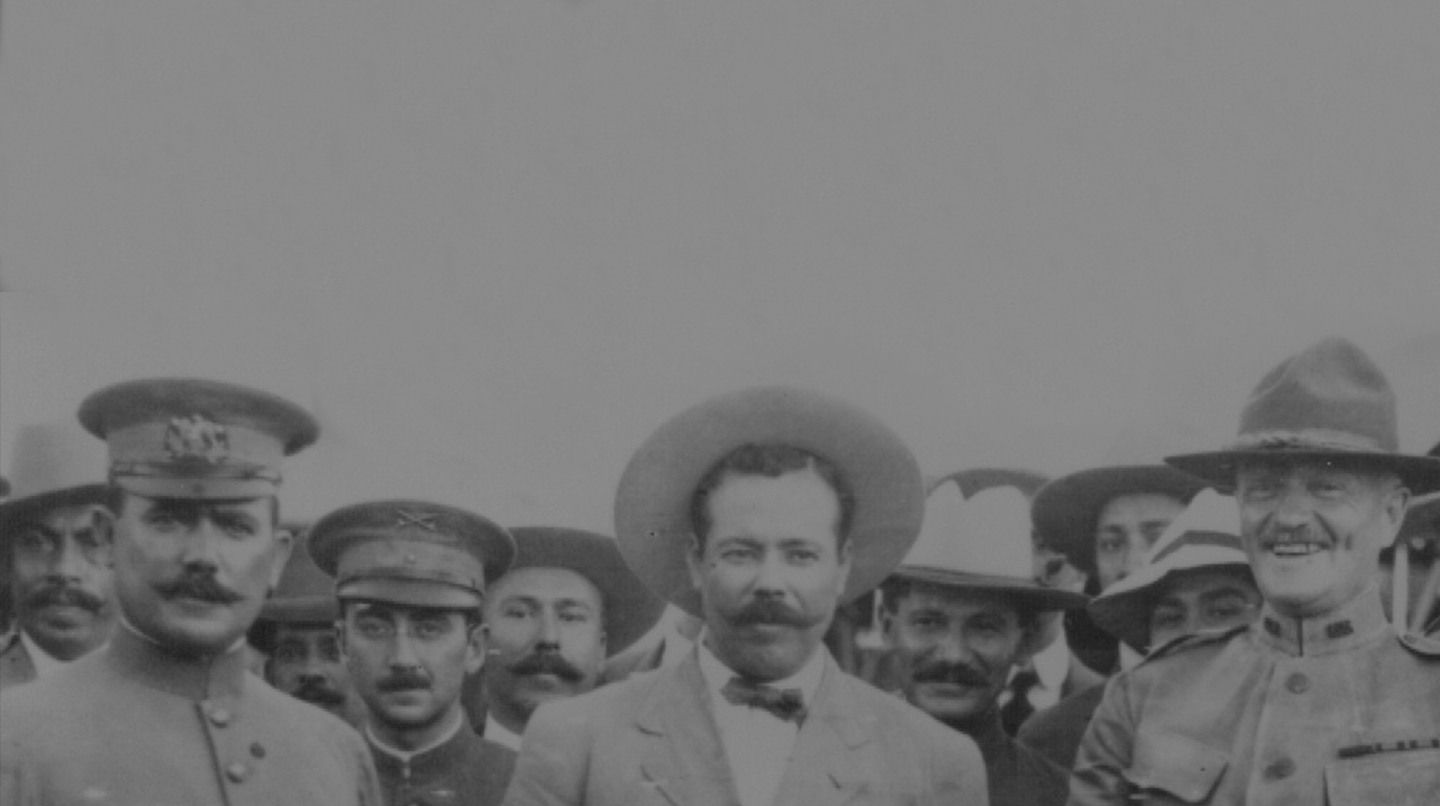Fall Film Series Launched to Celebrate his award-winning films
The University of California, San Diego Library has acquired the papers of Paul Espinosa, an award winning independent filmmaker, well known for his documentary and dramatic films focused on the U.S.Mexican border region, which helped to increase awareness about a host of immigration and crosscultural issues.
 Espinosa, who has been the recipient of eight Emmy Awards for his films, recently retired from Arizona State University, where he was on the faculty at the School of Transborder Studies. He continues to make films through his company, Espinosa Productions, now located in San Diego. The Library will be celebrating the acquisition of Espinosa’s archive with a Fall film series, beginning with an opening reception on October 10 in Geisel Library, and film screenings on October 23 at the University’s Cross Cultural Center, November 4 at the Digital Gym Cinema in North Park, and November 10 at the Museum of Photographic Arts (MOPA) All events are free and open to the public.
Espinosa, who has been the recipient of eight Emmy Awards for his films, recently retired from Arizona State University, where he was on the faculty at the School of Transborder Studies. He continues to make films through his company, Espinosa Productions, now located in San Diego. The Library will be celebrating the acquisition of Espinosa’s archive with a Fall film series, beginning with an opening reception on October 10 in Geisel Library, and film screenings on October 23 at the University’s Cross Cultural Center, November 4 at the Digital Gym Cinema in North Park, and November 10 at the Museum of Photographic Arts (MOPA) All events are free and open to the public.
“We are honored to have acquired Paul Espinosa’s papers, which will be widely used on this campus,” said Brian E. C. Schottlaender, The Audrey Geisel University Librarian at UC San Diego. “Our Library collections have particular strengths on California and Baja California history, as well as on Chicano culture and activism. The Espinosa Papers will certainly strengthen and complement these materials.”
According to Lynda Claassen, the Library’s director of Special Collections & Archives, Espinosa’s papers are rich, diverse, and plentiful. The materials include approximately 200 linear feet (200 boxes) documenting Espinosa’s more than 35 years of filmmaking, including interviews, research materials, photos, and correspondence, as well as films
scripts, DVD’s, and video.
“As a longtime resident of San Diego, where so much of my professional work was created, I was delighted that my papers found a home at UC San Diego, where scholars will have access to this extensive archive for decades to come,” said Espinosa.”
Espinosa has written, directed, and produced many national documentary films for PBS, including: The Lemon Grove Incident, (1986), In the Shadow of the Law (1988), Uneasy Neighbors (1990), The Price of Renewal (2006), California and the American Dream (2006), The U.S.Mexican War: 18461848 (1998), Ballad of an Unsung Hero (1985), Taco Shop Poets (2004), The Border (1999) and …and the earth did not swallow him (1995), an American Playhouse adaptation of a Tómas Rivera novel, among others.
The Lemon Grove Incident, produced and written by Espinosa, traces the unsuccessful efforts of the Lemon Grove School District in the 1930’s to establish a separate school for Mexican students. The film was described by The New York Times as “the story of the nation’s first successful legal challenge to school segregation, 14 years before the Supreme Court outlawed separation by race in the landmark case Brown v. Board of Education.” The film will be screened on October 23, from 7 to 9 p.m., at the UC San Diego Cross Cultural Center as part of the 25 anniversary celebration for the University’s Department of Ethnic Studies.
The Hunt for Pancho Villa, produced and written by Espinosa in 1993 and aired nationally on PBS’s American Experience series, will be screened on Nov. 4, from 7 to 9 p.m. at the Digital Gym Cinema in North Park. The film, narrated by actress Linda Hunt, sheds light on the dramatic events of 1916, which led to the largest mobilization of American troops since the Civil War, and brought Mexico and the U.S. to the brink of war.
The celebrated Indie film, “…and the earth did now swallow him,” will be screened on Nov. 10, from 7 to 9 p.m. at the Museum of Photographic Arts (MOPA) in Balboa Park. The feature length film, produced for American Playhouse, PBS’s weekly drama series, is an adaption of Tomas Rivera’s 1971 novel of the same name. The film traces the old from the perspective of Marcos, the 12 year old son of migrant Mexican American farm workers, the film follows their travels over the course of a year, each of its 12 sections linked to a month of the calendar. The family starts off in Texas at the beginning of harvest season. Their hardscrabble journey takes them across the length and breadth of the Midwest.
In addition to receiving eight Emmy awards for his film productions, Espinosa has been honored in retrospective Paul Espinosa Film Festivals in San Diego, Phoenix, Albuquerque, and El Paso. He has also been the recipient of five CINE Golden Eagle awards, and a Golden Mike Award, and was honored with a Lifetime Achievement Award by the California Chicano News Media Association and was inducted into the NAHJ Hall of Fame by the National Association of Hispanic Journalists. For more information about Paul Espinosa and his films: espinosa productions.com.
The addition of Paul Espinosa’s papers to the Library’s Mandeville Special Collection adds significantly to the intellectual resources at UC San Diego on Mexican American culture, politics, and immigration. In addition to its large Baja California and Latin America resources, related collections include the Herman Baca Papers, an archival collection on Chicano activism, and the Farmworkers’ Digital Archive. The Library’s materials documenting Chicano history have also grown to include the American Friends Service Committee United States Mexico Border Program Records (19742004), and the Roberto Martinez Papers (19692009).
UC San Diego
UC San Diego News Center
September 23, 2015 | By Dolores Davies


